The cultural style in the Middle East is very leisurely. When partners need you, they will rush you like a “fire house”. On the contrary, if you need something, you have to wait patiently. Therefore, Vietnamese companies need to be patient, otherwise, you will miss out on potential cooperation opportunities.
In addition, Vietnamese businesses should not conduct transactions with partners on Fridays. In the Middle East, people only work from Monday to Thursday, that is, from Sunday to Thursday every week. Friday is the main holiday for Muslims. This day is for holidays, customers will not respond to transactions.
The above special notes were informed by Mr. Tran Trong Kim - First Secretary, Head of the Vietnam Trade Office in Saudi Arabia, at the Workshop "Market trends and opportunities for exporting Vietnamese agricultural products and processed foods to Halal markets", which took place on September 5.
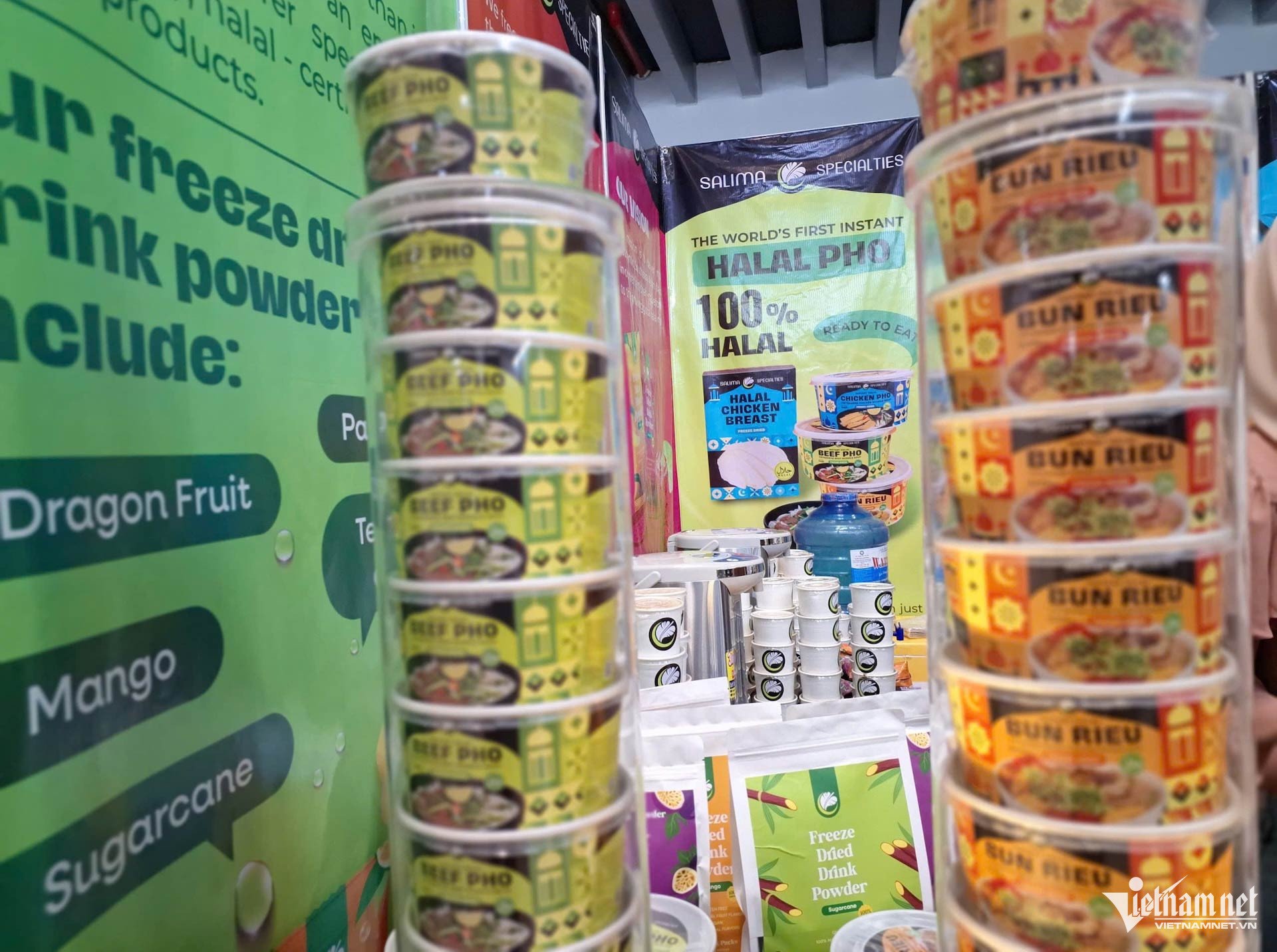
Currently, 95% of Saudi Arabia's goods must be imported from foreign countries, including Vietnam. The main products that Vietnam exports to this market include rice, seafood, coffee, tea, cashew nuts, pepper, and garments...
All processed food products, beverages, and cosmetics that want to be sold to Saudi Arabia must have Halal certification. The goods must be registered with the Saudi Food and Drug Authority (SFDA) certification code, but this is not complicated, and can be completely submitted online.
Saudi Arabia is considered a potential Halal market for Vietnamese businesses. However, Mr. Kim also warned about scams in this market.
Specifically, taking advantage of some situations related to war, the scammers claimed to be from humanitarian organizations that needed to import goods for relief and reconstruction purposes. The subjects requested large volume orders and good purchase prices to deceive sellers and appropriate the goods.
It should be noted that humanitarian organizations in the Middle East do not have the function of importing goods. Businesses should refuse to do business with such partners.
In addition, Vietnamese businesses should not pay in advance any fees related to contract brokerage or invoice issuance. This is also a common fraudulent behavior in trading.
“When dealing with Saudi Arabian businesses or businesses in the Middle East, the Vietnamese trade office encourages signing payment contracts via letters of credit (L/C), Mr. Kim noted.
Market up to 2,000 billion USD
Another potential Muslim market is Indonesia, the country with the largest Muslim population in the world with more than 244 million people.
According to Mr. Pham The Cuong, Vietnam Trade Counselor in Indonesia, Halal criteria are very necessary for Indonesian people. Total spending on Halal food and beverages in this country is up to 155.3 billion USD, accounting for 11.1% of the total global Halal food market size (1,397 billion USD, 2022).
However, in 2024, the export turnover of Vietnam's Halal products to Indonesia will only reach about 54 million USD, accounting for nearly 1% of the total export turnover to the neighboring country.
The export of Halal products to Indonesia is still focused on confectionery and processed foods of foreign brands with factories in Vietnam. The number of domestic companies exporting Halal products is not much. The brand of Vietnamese Halal products is not clear in Indonesia.
On the other hand, the Indonesian market is the most protectionist in the ASEAN region, causing difficulties for our country's export enterprises.
Therefore, Mr. Cuong believes that it is necessary to form a link between Vietnamese enterprises and enterprises of countries with developed Halal industries, including Indonesia. This link not only raises awareness of Halal standards for enterprises but also increases export opportunities.
At the same time, the link will form a closed supply chain from the raw material supply - production area to the distribution and export of products according to Halal standards.
The Halal industry is emerging as a potential economic sector, with an estimated market size exceeding US$2 trillion and serving more than 2.2 billion Muslim consumers globally.
According to Ms. Ho Thi Quyen, Deputy Director of the Ho Chi Minh City Investment and Trade Promotion Center (ITPC), in 2025, the Halal industry will continue to grow strongly in the Asian, Middle East and African markets. Halal trends in 2025 will contribute to reshaping the global Halal business environment, creating new opportunities but also requiring businesses to quickly adapt.
Ms. Quyen commented that product groups in which Vietnam has competitive advantages such as agricultural products, processed foods, cosmetics and pharmaceuticals can take advantage of their strengths to seek market share, expand distribution channels, and build brands associated with Halal values.
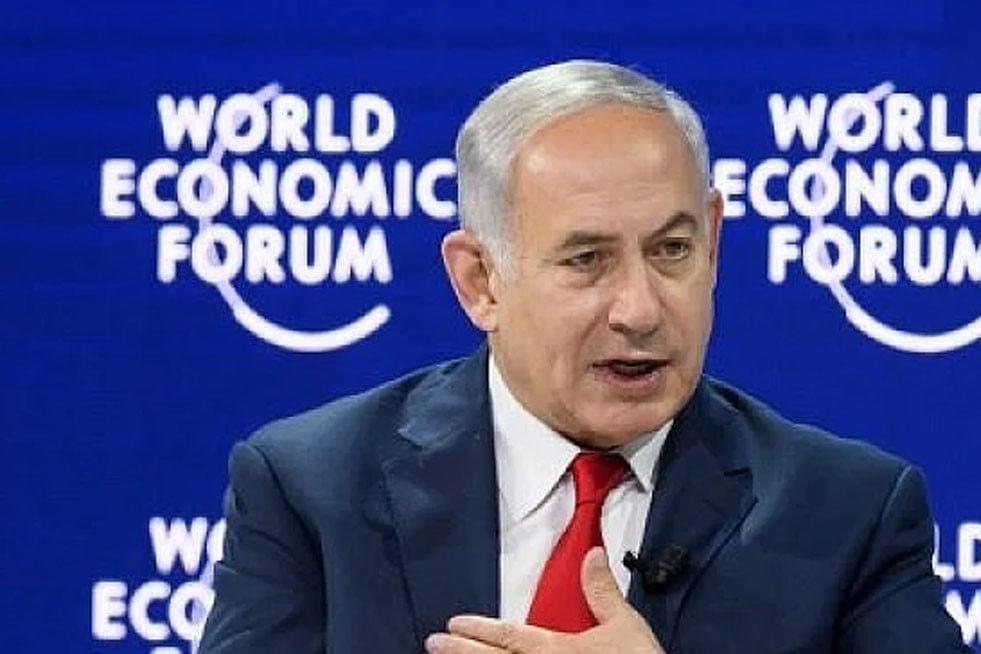
Source: https://vietnamnet.vn/lich-lam-viec-ky-la-tai-quoc-gia-hoi-giao-2439699.html


![[Photo] Hanoi morning of October 1: Prolonged flooding, people wade to work](https://vphoto.vietnam.vn/thumb/1200x675/vietnam/resource/IMAGE/2025/10/1/189be28938e3493fa26b2938efa2059e)
![[Photo] Keep your warehouse safe in all situations](https://vphoto.vietnam.vn/thumb/1200x675/vietnam/resource/IMAGE/2025/10/1/3eb4eceafe68497989865e7faa4e4d0e)



![[Photo] President of the Cuban National Assembly visits President Ho Chi Minh's Mausoleum](https://vphoto.vietnam.vn/thumb/1200x675/vietnam/resource/IMAGE/2025/10/1/39f1142310fc4dae9e3de4fcc9ac2ed0)


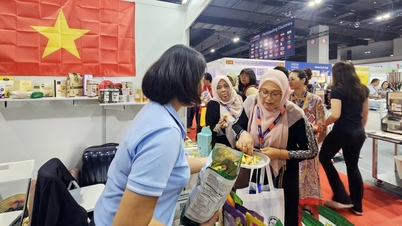



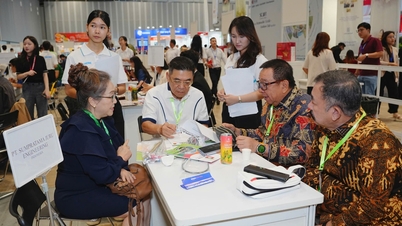


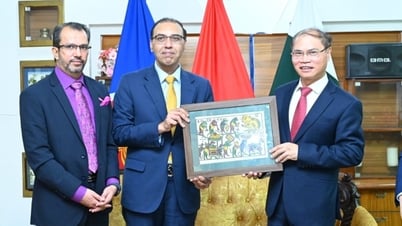

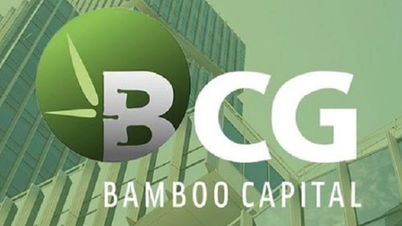

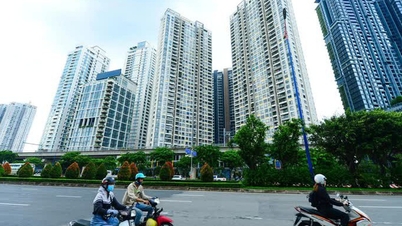
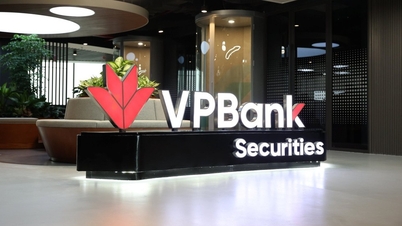
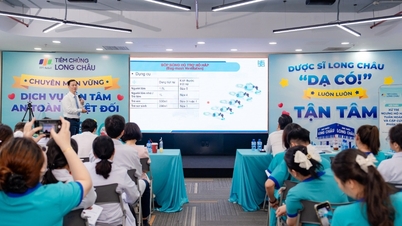

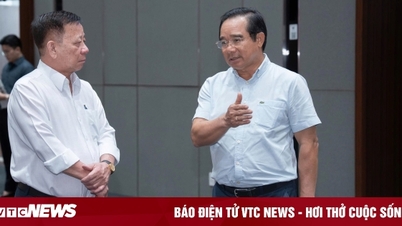

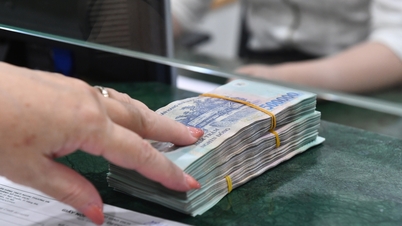




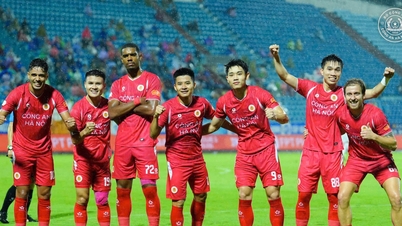

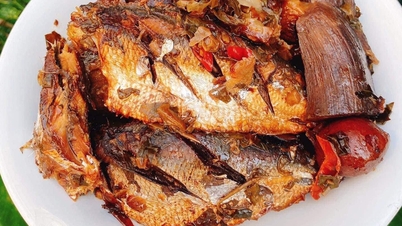
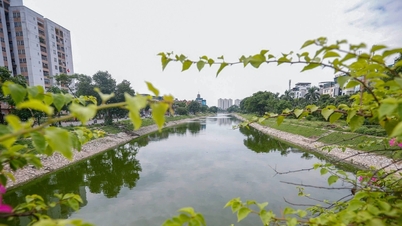

























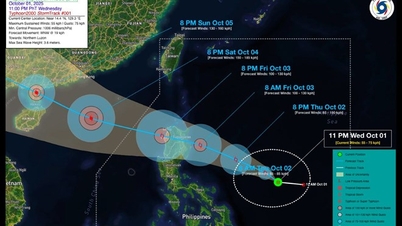
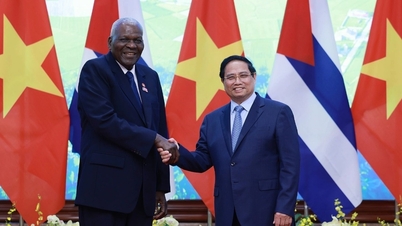











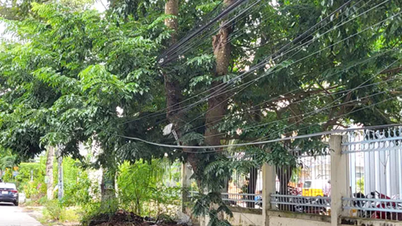

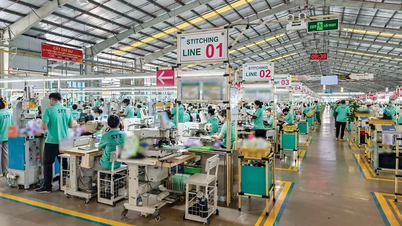

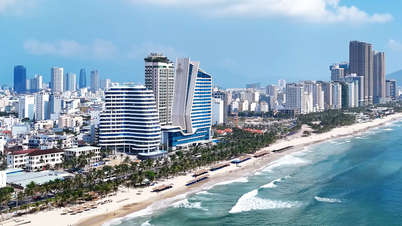

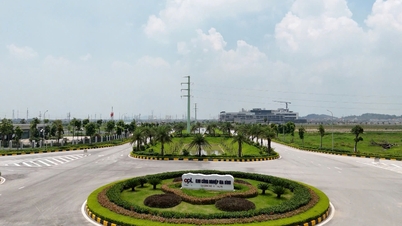

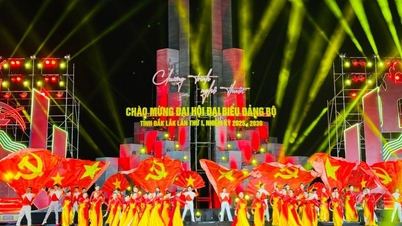













Comment (0)